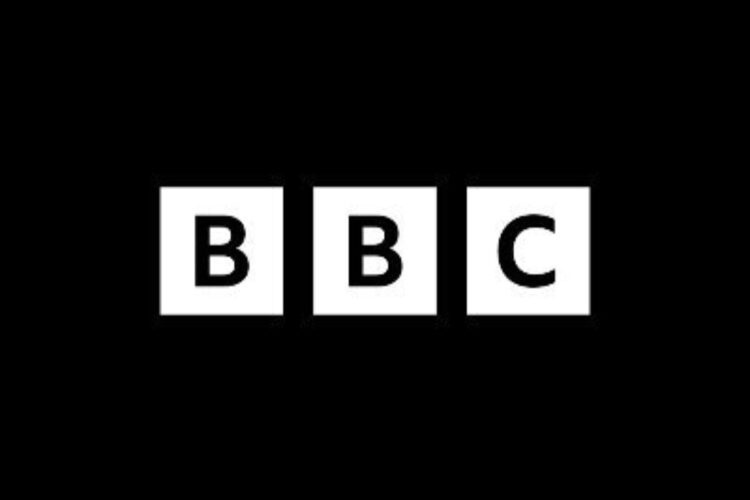“Impartial journalism is not giving equal airtime to two people one of whom says the world is flat and the other one says the world is round. That is not balanced, impartial journalism” – Robert Peston former business and economics editor, BBC, as quoted in The Guardian, October 16, 2018
BBC’s credibility is not in question for the first time. Since its inception in 1927, the publicly funded broadcaster has faced criticism for bias. In 1942, while launching the Azad Hind Radio, Netaji Bose had termed it the ‘Bluff and Bluster Corporation’. BBC has been proving Netaji’s assessment right time and again. The recent controversy regarding the documentary resurrecting the ghost of 2002 communal violence in Gujarat is just another testimony of the same.
For the last two decades, the Gujarat episode has been the plot to target Prime Minister Modi, Bharatiya Janata Party (BJP) and the Hindutva movement. Many people and organisations in Bharat have run a racket on the theme of Godhra and earned money out of it in the name of secularism and minority rights. They unsuccessfully fought the legal battle in the courts with open support from the Congress party and the Communist-Islamist cabal. Together they tried to tarnish Bharat’s image internationally for selfish political interests. Despite all these efforts, Prime Minister Modi came out clean in the legal and public courts.
Against this backdrop, the timing of BBC’s documentary and the response of Bharat to the apparent media initiative needs a deeper analysis.
The documentary promo says, “Narendra Modi’s premiership has been dogged by persistent allegations about the attitude of his government towards the minority Muslim population”. This description is good enough to understand the intent behind the documentary The Modi Question.
The UK High Commission’s inquiry, led by the former Home Secretary Jack Straw is perhaps the only addition to the old story. Who gave this mandate to a foreign mission? Incidentally, Straw, one of the longest-serving Labour Ministers, is known for peddling lies and misleading policies such as British participation in the Iraq war and reforms options for the European Parliament election. A person with such low credibility is used to resurrect the anti-Modi campaign. The G-20 Presidency year and the subsequent General Elections in 2024 seem to be on the radar. So is Bharat’s independent policy on the
Ukraine-Russia war. Can a publicly funded organisation like BBC afford to peddle the propaganda without a sanction from the Government? Is the anti-Bharat bias structural due to the communist-Islamist composition of the BBC staff? BBC will have to answer these and many more questions before providing the self-certification of impartiality.
BBC is known for its bias through omission, selection, and representation, all the key manifestations of prejudices. Even the British population questioned the coverage by the privileged broadcaster during the Brexit referendum. Having an ideological tilt is not an issue but covering it under the garb of impartiality is problematic. BBC is expanding fast in Bharat despite the inherent colonial bias.
According to a study, “Between March 2019 and March 2021 BBC grew by 173 per cent in India ”, in contrast to the 35 per cent of its global growth. Fear-mongering, targeting faultlines and peddling misinformation over issues like the Citizenship Act and Jammu-Kashmir are the critical ingredients of BBC’s growth story in Bharat. Like other foreign media, for this socialistic media house, Bharat is just a media market. Their supremacist ego gets hurt after seeing the rise of Bharat on its ancient roots. The Government’s sharp reaction to the documentary should be seen in this light. The supporters of BBC in the name of ‘free speech’ have also exposed themselves by targeting the dissenting voices within their own camp. The unfair coverage in the name of impartiality is no longer acceptable to Bharat. The British sowed the seeds of partition and Communists supported the same. Congress and Muslim League executed the bloodiest transfer of population in 1947. Unfortunately, communal violence continued even after the inhuman partition due to the flawed understanding of secularism. None of the BBC documentaries has ever pointed this out. The claim of ‘rigorous research’ on the Gujarat violence is false; what looks true is the rigour for pushing the anti-Bharat agenda and propaganda.


















Comments